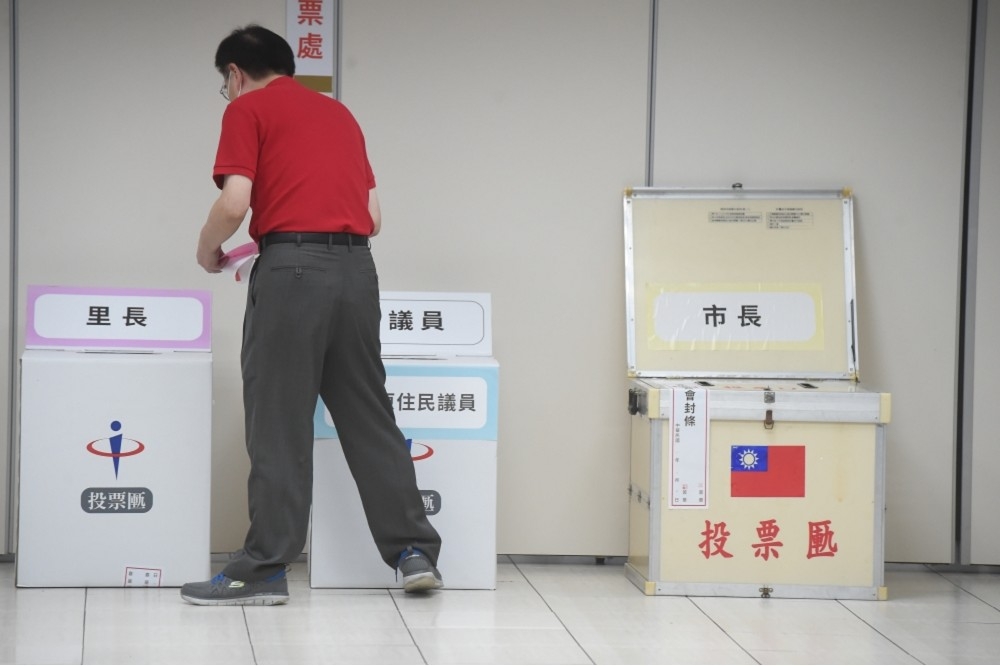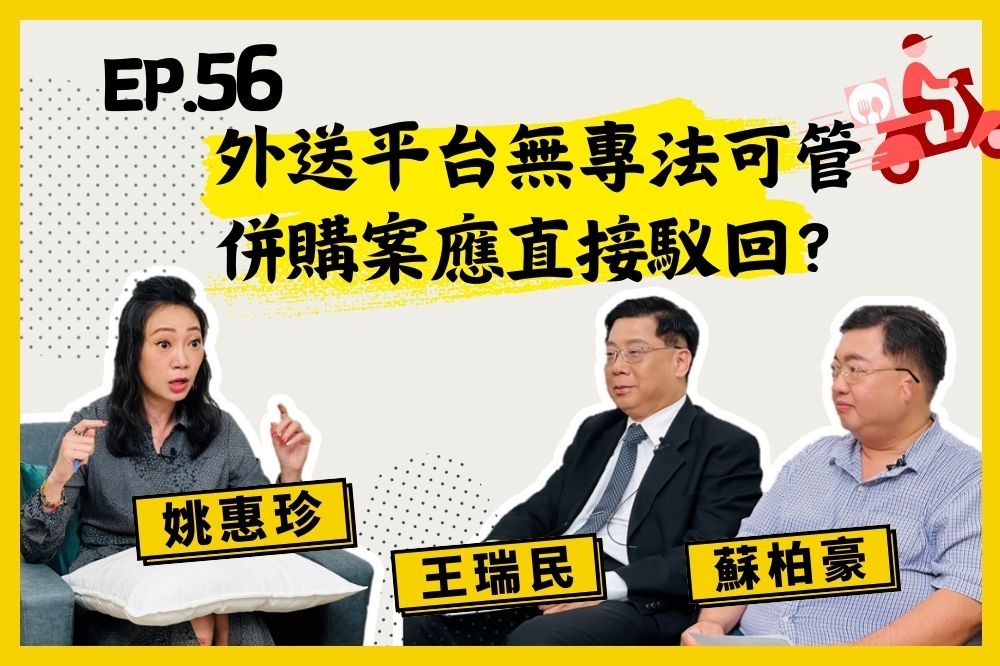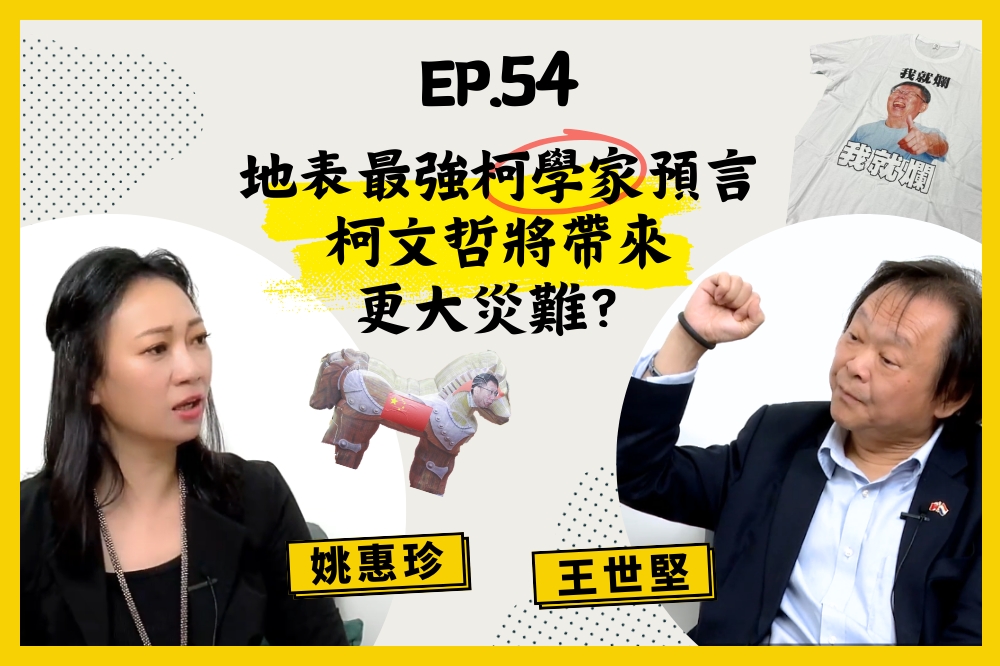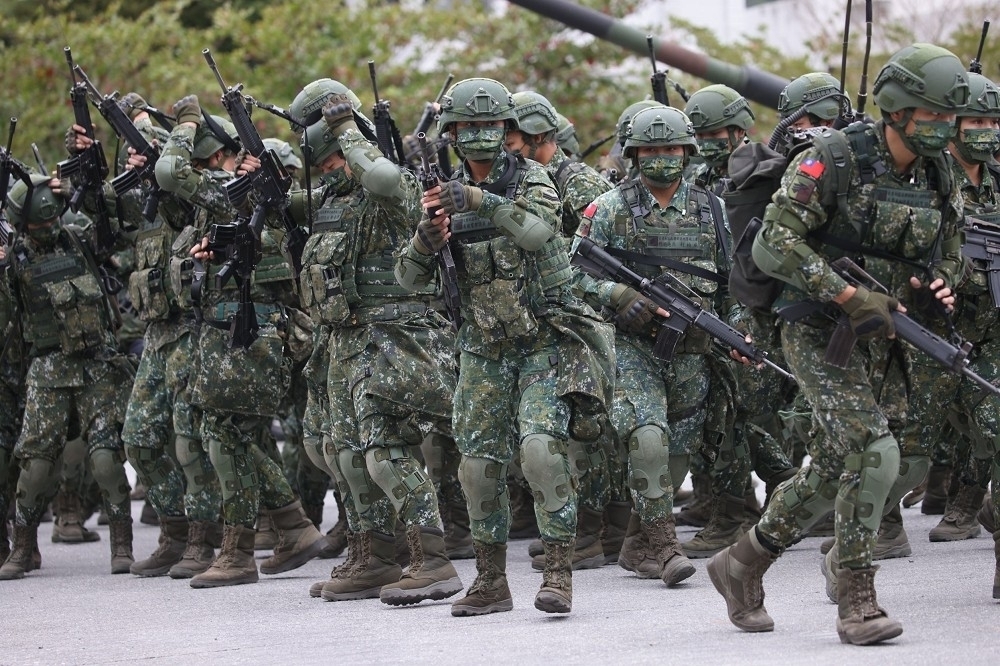上報 Up Media
toggle- 最新消息 設宴款待馬龍、楊倩 馬英九邀陸生:明年一起泳渡日月潭 2024-11-27 20:10
- 最新消息 遭控花356萬「就業安定基金」開演唱會 許銘春、謝宜容列貪汙被告 2024-11-27 20:03
- 最新消息 蔣欣璋妻指控「邀老公去她家看貓後空翻」 戴湘儀反駁:有誤解、盼對方節制 2024-11-27 19:57
- 最新消息 LINE表情貼首翻新!舊版遭刪除免擔心 一招教你快速救回 2024-11-27 19:40
- 最新消息 【有片】英國首艘自主無人軍用潛艇完成測試 有助提升水下情蒐能力 2024-11-27 19:35
- 最新消息 【新北耶誕城卡司】孝琳、告五人壓軸 男團Energy、Ozone接力嗨翻舞台 2024-11-27 19:30
- 最新消息 王義川爭議多!失言挨轟「靠背川、王膝知」 批劉德華演唱會讓粉絲炸鍋 2024-11-27 18:45
- 最新消息 52年來最大暴風雪 首爾單日積雪20公分逾220架航班停飛 2024-11-27 18:25
- 最新消息 國安人士:藉賴總統出訪軍演是藉口 中國目標是美國 2024-11-27 18:23
- 最新消息 稱「冠軍讓世界看到台灣」 賴清德:政府責任是為每位台灣英雄搭舞台 2024-11-27 18:10

地方層級的首長選舉明顯無法與美國聯邦層級的國會選舉相提並論,不能稱為期中選舉。(攝影:張哲偉)
在英文媒體和社群媒體討論圈裡,許多號稱「台灣專家」的國際媒體記者、學者、評論台灣議題的外國人士,經常把台灣此次11月26日的地方選舉,莫名其妙冠上來自美國政治的「期中選舉」(midterm election)一詞,由於這些許多國際人士竟常被台灣媒體或意見領袖引用甚至抬舉為比台灣人懂台灣的專家,我們希望點出這用詞的荒謬無知。
台灣根本沒有「期中選舉」這東西:在台灣,台灣人稱這次選舉為「地方選舉」或「九合一選舉」,因為這次選舉一次選出九種不同層級的地方民選官職(雖然大多數地方選民只會選到三或四種)。那些習慣這次選舉稱為「期中選舉」的外國人,顯然根本沒問過任何台灣人這次選舉名稱為何,更突顯出這些號稱專家根本沒跟幾個道地的台灣人訪問、請教過。

這次選舉根本不是「期中」:美國的國會選舉(選出全部的聯邦眾議員、以及三分之一的聯邦參議員)每兩年進行一次,而美國總統任期四年,這也是為什麼美國人習慣將一位總統第二年底任期時的國會選舉稱為「期中選舉」,那剛好是美國總統任期的一半時舉行。然而台灣在2020年1月進行了中華民國總統和立法院立法委員的選舉,立法委員任期從2020年2月開始、總統則是2020年5月20日開始。既然總統和立法委員都有四年的任期,一個在2022年11月26日進行、跟總統與立法院(國會)毫無關係的地方選舉,豈能被稱為「期中選舉」?連日期都不算「期中」,這些外國評論者連日期都算不清楚。
地方選舉而不是國家層級選舉:在慣例上,美國的期中選舉也同時選出許多州的州長,儘管大多數的美國國內媒體和國際媒體焦點和討論都是放在聯邦參議員和眾議員選舉上。但台灣的九合一選舉最高的官職為直轄市市長,而次高的官職則是縣市長,這些地方首長在台灣政治上極為重要、不少地方首長職位權力舉足輕重,然而這些屬於地方層級的首長選舉明顯無法與美國聯邦層級的國會選舉相提並論。
在台灣,不少選民的確會將這次地方選舉作為對蔡英文和民進黨政府的信任(或不信任)投票,尤其民進黨在這次地方選舉中的地方首長人選完全沒有初選過程,蔡總統身兼黨主席強勢提名或決定了台北市、桃園市等一級選區的候選人,這些候選人的成敗也因此會對蔡總統的聲望產生重大影響。然而不爭的是,這次九合一選舉是地方選舉而不是全國性質的總統、國會選舉,這點基本事實怎麼能不分清楚呢?
外國人對台灣資訊來源偏頗狹隘:作為台灣政治和國際媒體的觀察者,本文作者認為許多這些外國記者和自稱台灣專家把台灣九合一選舉稱為「期中選舉」,根本原因是因為他們對台灣的認知和了解是來自少數偏頗而又沒有台灣常識的來源。舉例來說,國際媒體報導台灣的2018年地方選舉就引述許多錯誤離譜而又沒有被認真查核的誇大宣稱。
誤把美國框架和用詞硬套到台灣上:最可笑的是,這些自稱台灣專家的外國評論者們,經常把美國為中心思想的用詞和框架套用到台灣上,用美國的老花眼鏡來看台灣,對台灣本身卻缺乏深度了解。台灣的確在許多層面上非常依靠美國,台美關係也是所有想要當總統的可能候選人必須經營和論述的,蔡政府也總是炫耀台美關係多麼的好,以此做為其主要的政績賣點。然而這也讓我們深思另一個問題,這些號稱「台灣專家」的外國尤其美國智庫、專家、名嘴、評論者,到底是以台灣的利益為出發點論述台灣,還是以美國的利益為出發點呢?
無論如何,台灣有台灣自己的政治體制和民主,任何號稱「懂台灣」的人,不管是台灣還是外國人,都應該用符合台灣現實的討論框架和用語來評論台灣,而不是把美國的那一套拿來台灣身上,只是突顯出他們對台灣的無知。
※ 黃柏彰(獨立作者、台灣民意基金會研究員)、方恩格(紐約律師,政治分析師,美國共和黨海外部前亞太主席)
Why Do Foreigners Call This the Taiwan Mid-Term Election?
By Paul Huang (黃柏彰) and Ross Darrell Feingold (方恩格)
In English language discussion about Taiwan’s local election on November 26, many foreign journalists and scholars refer to Taiwan’s “mid-term” election. The authors have also appeared as guests on overseas television networks that used this term.
However, this term is incorrect for a variety of reasons. At best it is intellectual laziness, and at worst, treats Taiwan as if it is merely an American political appendage.
1. People in Taiwan Don’t Call It “Mid-Term”: In Mandarin, the election is referred to as a “local election” (地方選舉) or “nine-in-one” (九合一) election because of the nine different offices that are to be elected across Taiwan (though the actual number of offices a voter will elect in a specific location in Taiwan varies between three and five).
2. The Date Is Not “Mid” Anything: Taiwan held the most recent election for the President and Members of the Legislative Yuan on January 11, 2020. The new term for the Legislative Yuan members began on February 1, 2020, and the new term for President Tsai Ing-wen began on May 20, 2020. A local election on November 26, 2022 is neither the mid-term of the current term of the Legislative Yuan, nor is it the mid-term of the current term of the President.
We suggest authors who call Taiwan’s local election a “mid-term” consult the calendar.
3. Local Not National Offices: Notwithstanding that many American voters also voted for various local offices on the date of the United States “mid-term”, generally the reference to “mid-term” in the United States refers to the Senate and House members elected that day.
Certainly some voters base their voting decision on the opportunity to express displeasure towards the Democratic Progressive Party led central government of President Tsai Ing-wen, as well as the candidates that she personally selected in her capacity of party chairman without primaries in municipalities such as Taipei City, New Taipei City, and Taoyuan City.
Regardless, on November 26, Taiwan did not vote for national offices.
4. Limited Information Sources: As long-time observers of Taiwan politics the authors are concerned that many of those foreign journalists and scholars who erroneously call the local election a “mid-term” election received their information from a limited number of sources in Taiwan. Foreign language reporting about the 2018 local election was also often erroneous, and too much reliance on a limited number of sources can only lead to inaccurate reporting about Taiwan.
5. Imports American Terminology: Perhaps the silliest aspect of referring to today’s election as Taiwan’s “mid-term” is that it imports American-centric terminology into the politics of a foreign country, and looks at Taiwan through an American lens. Taiwan does rely on the United States for its security, and the Tsai Administration often cites its management of the bilateral relationship with the United States as a reason voters should vote for it in both national and local elections. It is also true that Taiwan’s presidential candidates and political parties yearn for affirmation from the United States, and the January 2024 presidential election candidates will probably seek to visit Washington DC just as previous presidential candidates did. Some in Taiwan are concerned that aspects of the proposed Taiwan Policy Act will give the United States an ever larger role in Taiwan’s national security.
Regardless of the close bilateral relations, Taiwan still retains its own political system, with its own terminology, and this deserves the respect of journalists and scholars.
Paul Huang (@PaulHuangReport) is a policy researcher and independent journalist based in Taipei. He is a research fellow with the Taiwanese Public Opinion Foundation.
Ross Darrell Feingold (@RossFeingold) is a lawyer and political analyst based in Taipei. He previously served as the Asia Chairman of Republicans Abroad.
熱門影音
熱門新聞
- 《珠簾玉幕》大結局趙露思、劉宇寧擁吻訣別 她含淚哀求他「這句話」全網哭翻求番外篇
- 傳賴清德想把500元鈔票改印「中華隊奪冠照」 央行確定發行12強紀念幣
- 《深潛》成毅新劇搭檔《大夢歸離》古力娜扎 台灣女星演武林高手劇照曝光全網認不出
- 大風吹時間!《英雄聯盟》LCK 賽區各大戰隊轉會期 11/23 人事異動整理
- 《珠簾玉幕》大結局趙露思、劉宇寧生死訣別掀淚海 她與「崔十九」從宿敵變知己全網感動
- 【中華隊奪冠】麥當勞大薯買一送一!拿坡里、漢堡王、必勝客等 7 家速食優惠懶人包
- 【世棒爭冠戰】台日先發投手年薪差31.5倍 中華隊若奪冠每人獎金可望破千萬
- 《大夢歸離》侯明昊錄真人秀在非洲草原拉屎 全程被外國遊客拍下秒登熱搜糗爆











